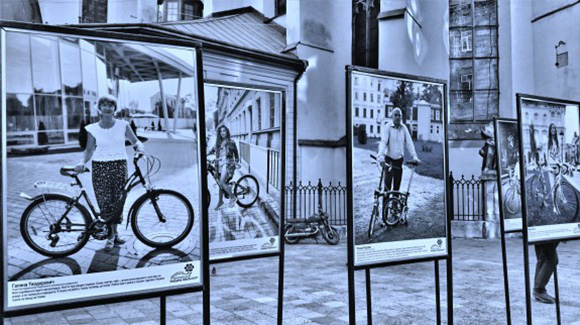The cycling movement, as a grown-up advocacy movement, has to have solutions for society’s big problems and be inside the political world. To do so, it has to speak economics. Business and jobs are key arguments in this respect. How would mobility policies change if our politicians knew the excellent return of investment of cycling infrastructures? How many jobs could be created in the different sectors of the cycling economy? What assets must be taken into account to calculate the economic impact of cycling? Find out more on this page!
Jobs and jobs creation in the European cycling sector
ECF report Cycling works: Jobs and jobs creation in the European cycling sector.
The Juncker Commission’s “Investment Plan for Europe”: Contribution of cycling
Fiscal incentives for commuting
ECF report Commuting, who pays the bill?
Report on congestion charges and cycling
Report on financial incentives for e-cycling
The cycling industry
CONEBI Report on the State of the European Bike Industry 2017 and ECF analysis
Fore more info on the European bicycle industry, check Cycling Industries Europe
Sustainable Development Goals
Find out how the Cycling Economy relates to human rights and sustainable development here.
Measuring economic benefits
Bigger than Belgium: The ECF study on the benefits of cycling in the EU (updated in 2019!). EuroVelo, cycling tourism and its economic impact: Study commissioned by the European Parliament
Cycling for Growth Initiative
The Cycling Industry Club (CIC) and CONEBI launched the Cycling for Growth Initiative to extend the influence of the cycling industry as a recognised voice at the EU level.






